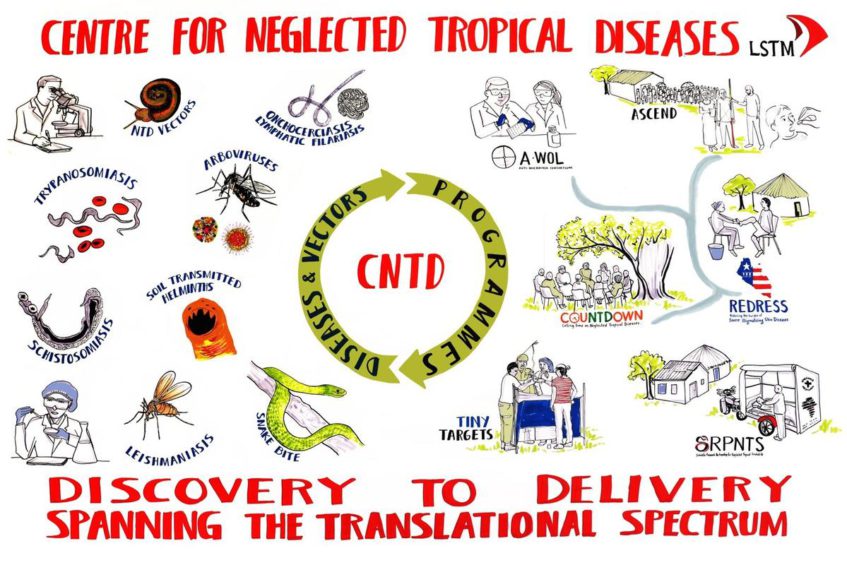You are here: Home | Health | National News | 17 out of 20 world neglected tropical diseases prevalent in SSD -WHO

South Sudan has a bigger burden of world neglected tropical diseases to pay attention to, according the World Health Organization.
The revelation was made when South Sudan joined the rest of the world to mark the World Neglected Tropical Diseases Day on Sunday.
Fabian Ndenzako, the country director of the World health Organization in South Sudan said out of 20 neglected tropical diseases worldwide, 17 of them are prevalent in South Sudan.
“As you may heard …10 million people around the world are affected by NTDs and of the 20 NTDs globally, 17 are here in South Sudan.”
Ndenzako went on to say “for us, it is more important because we have even bigger burden of the NTDs.
The neglected tropical diseases include trachoma, bilharzia, elephantiasis, sleeping sickness and river blindness.
Others are guinea worm, leprosy, kala azar, parasitic diseases among others.
“So this is really critical for us to really serve lives, but also work together and end the NTDs,” he said.
According to WHO and the national health ministry, 26 counties in the Equatoria region, parts of Lakes, Warrap, Unity and Upper Nile states are particularly at a high risk of Lymphatic filariasis commonly known as elephantiasis.
Speaking during the Sunday event, South Sudan Minister of Health Elizabeth Achuei said,“I am very confident that the fight against neglected tropical diseases in South Sudan has taken a positive momentum, given the strong qualitative data the health ministry has with its partner.”
In South Sudan, the World Neglected Tropical Diseases Day was observed under the theme: “100% committed to eliminate neglected tropical diseases in South Sudan.”
The campaigns aimed to increase intervention efforts according to the South Sudan Master plan 2021-2026 on the elimination of the diseases by 2030.
The illnesses are caused by a variety of pathogens including viruses, bacteria, parasites, fungi and toxins.
According to the Ministry of health, NTDs can be prevented in South Sudan by improving health seeking behaviors and to promote, maintain or restore health service in the country.
Support Eye Radio, the first independent radio broadcaster of news, information & entertainment in South Sudan.
Make a monthly or a one off contribution.
Copyright 2024. All rights reserved. Eye Radio is a product of Eye Media Limited.